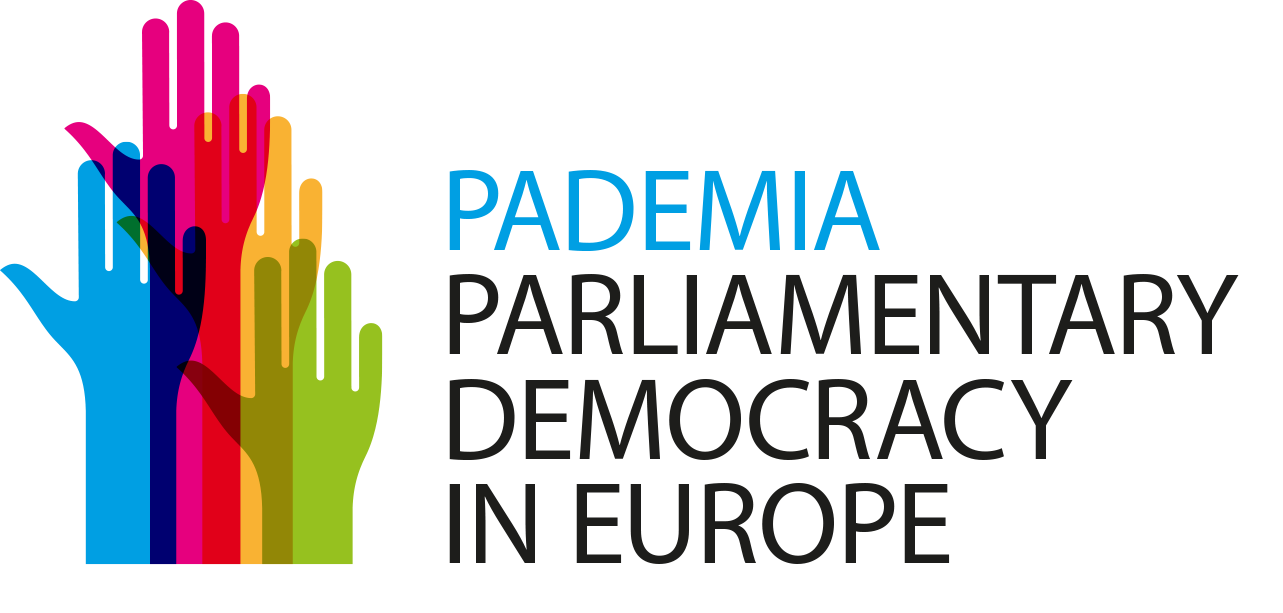This WP examines the responses or adaptation of parliaments to EU integration from an institutional perspective. It addresses the following questions:
The Europeanization of national parliaments. There is no scholarly consensus about the extent to which the EU impacts on domestic legislatures. Research employs several indicators to measure this impact. European Affairs Committees (EACs) represent a key variable. In parliaments where EU matters are mainly dealt with by the EAC, other committees and individual MPs are likely to become less frequently involved. It is also plausible that participation in EU governance has contributed to all national parliaments becoming more committee-based.
Can national parliaments still be characterized as victims of EU integration? According to the so-called ‘deparliamentarization’ thesis, EU integration has led to the erosion of parliamentary control over the executive branch. However, it is questionable whether this still holds. This WP aims at critically re-evaluating the role and involvement of national parliaments in EU governance.
What explains the stronger involvement of national parliaments in EU politics? The literature has produced somewhat mixed findings, but suggests that three main factors can explain variation: parliamentary strength independent of integration, Euroscepticism in the party system, and later EU accession. There is a need for comparative research, for in-depth studies of longitudinal change inside parliaments, and for the definition of new measurements.
How have parliaments adapted to the challenges posed by the financial crisis and on-going globalisation? The question is whether some national parliaments cope more effectively with the current situation than others. What are the driving factors explaining this development? What (new) ways of influence does the EP find to influence policy-making at times of crisis? And in what way do parliaments at the regional level react to budget deficits?
Interparliamentary coordination. The WP also explores the relationship between parliaments at different levels in EU policy-making. How do new parliamentary institutions of multi-level character, e.g., the interparliamentary conference on CFSP/CSDP, develop over time? What are the incentives of parliaments at all levels to coordinate? Why are some more active than others?
